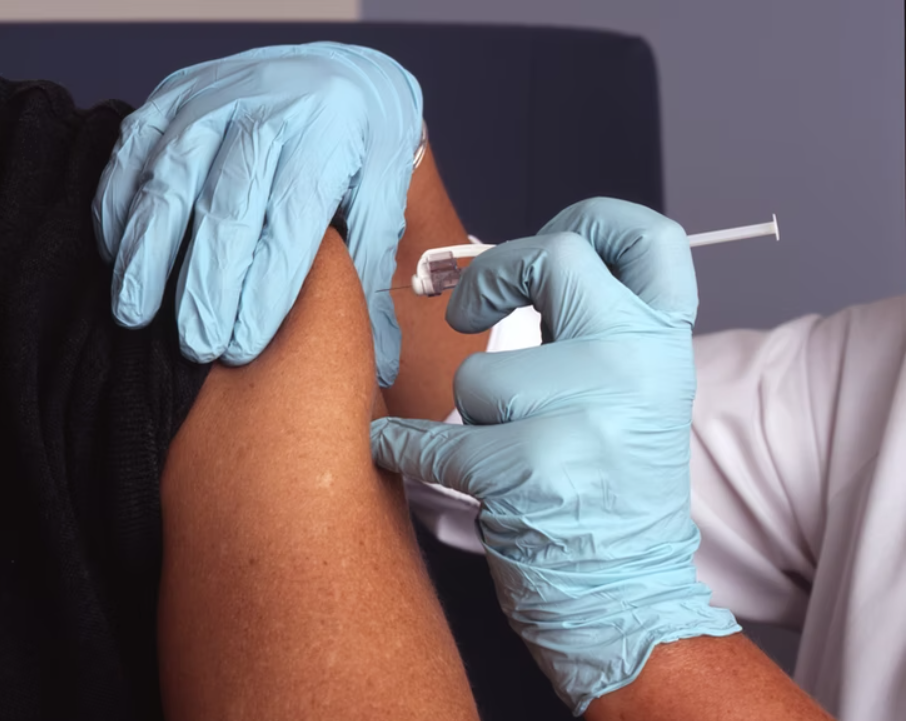Are you aware of the current policies related to filing for unemployment — especially if an employee is terminated for non-compliance? If not, now is the time to take measures to ensure your dental or medical practice learns more about the current unemployment agency guidelines and state compliance rules.
COVID-19 is now unfortunately a part of everyday life. Along with the threat of infection from COVID-19, some employees are reluctant to get vaccinated because of their religious or personal beliefs, or for medical reasons. So, can employees refusing the vaccine get unemployment?
Factors Related to Unemployment Qualifications
This is where the heated debate about getting vaccinated and employers requiring vaccination becomes an issue in every industry, especially medical-related fields such as dentistry, pharmacies, and chiropractic clinics. A hot topic right now is whether employees can collect unemployment if terminated because they refuse mandatory vaccination.
More and more cases where an employee refuses to get vaccinations are forcing practices to educate themselves quickly on how to proceed while still following compliance rules for the company and government/regulatory entities.

To receive unemployment, an employee usually is fired for something that isn’t their fault. That’s where we see how the practice’s policy affects employees’ potential to collect unemployment benefits. Moreover, this outcome varies depending on which state the practice is located in.
Historically, the factors related to unemployment eligibility have been less complex. However, due to the complications and nuances created by COVID-19 and vaccinations, the traditional methods for reviewing cases changed drastically.
If the office the employee works with requires them to get a vaccination and refuse, they violate office policy. If the practice terminates the employee for violating those policies, technically, they aren’t eligible for unemployment.
However, there are grounds for legally and rightfully turning down a vaccination for religious or medical purposes, which require adequate documentation for proof. In these cases, if an employee is terminated in this context, they can potentially be eligible for unemployment benefits regardless of the practice’s or business’ policies.
Still, each case is individually reviewed, and the unemployment agency considers factors related to the case before deciding. They may also use references from other cases, legislative developments, or instances within the same practice to gauge fairness and circumstances.
Practices need to ensure they communicate expectations and policies clearly to the employee to provide them with guidelines and instances where there’s cause for an exemption. HR for Health closely monitors changes and legislative developments related to practices and their locations to help them stay compliant and updated. This includes the latest information and policies that directly affect them.
In short, failure to comply with company vaccination policies doesn’t automatically mean denial of unemployment benefits. The agency carefully reviews each case to consider every factor related to their choice to refuse the vaccine. If the employee’s case meets specific criteria or has valid exemptions, the employee may have a valid claim and collect those benefits.
Free Download
COVID-19 Vaccine Policy Templates, Declination Forms and Test Tracking Forms
Vaccine Mandates
Not only are private practices electing to enforce vaccination for their employees, but state and federal mandates are now requiring the same. These states outline laws requiring people in specific fields to have proof of vaccination to work in medical industries.
Considerations Related to State Law
Each state has its own rules and guidelines for approving or denying unemployment. It’s essential to

understand how each state determines eligibility or reasons for benefits denial to understand each case better. The best source of information for these cases comes directly from the unemployment agency.
While seeking information directly from the source is a suitable method for staying current on unemployment policies and exceptions, practices should also monitor the changes and legislation for their particular state.
Remember,, the COVID landscape is rapidly evolving. Keeping a close eye on developments helps each practice ensure they meet compliance requirements and don’t run into issues resulting from a lack of current information. HR for Health can help practices stay informed and compliant during these rapidly changing periods.
Now is the time to take action to ensure your practice stays on top of every development by harnessing the power of HR for Health and their comprehensive range of services. They design options specifically for practices in medical-related fields regarding compliance and necessary features to take the hassle out of HR. Reach out today for an HR consultation to find out more!


